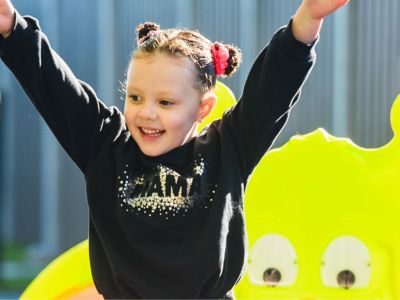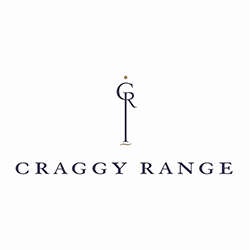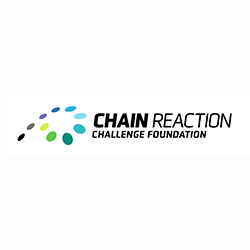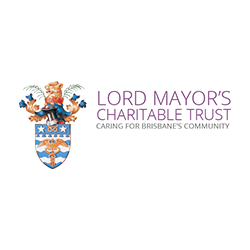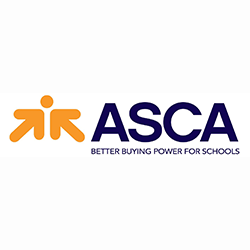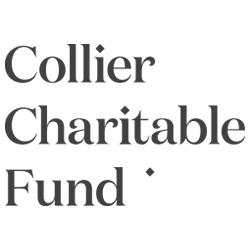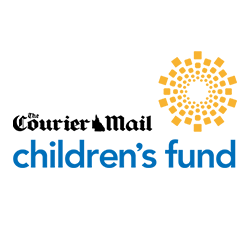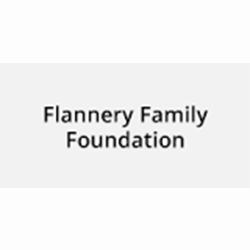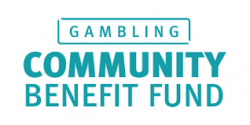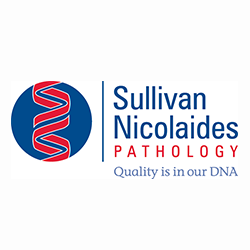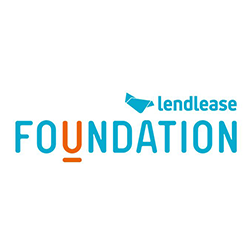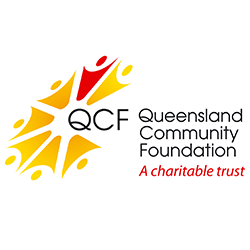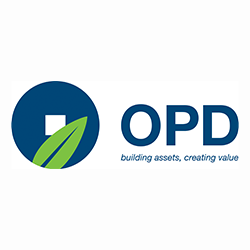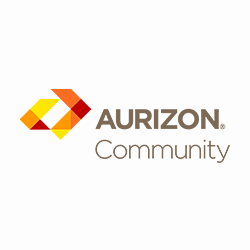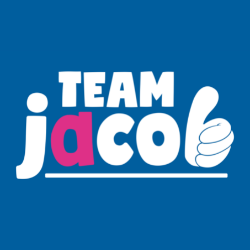
Extensive data has shown there are two distinct cohorts at AEIOU: those children who commence with baseline skills, and those with much higher needs.
The study found factors such as age of diagnosis, age of enrollment at AEIOU and symptom severity predicted the duration of a child’s enrolment. Interestingly, children with the highest needs make the same gains as their peers, over a longer duration.
Specifically, children with more severe symptoms typically needed two or more years to develop the skills necessary to transition into the next education setting, while children with less severe symptoms were gained skills at a rate that supported transition from AEIOU within one year.
The study demonstrated all children make similar progress, regardless of their starting skills, over the year, or two-year period.
The greatest improvements were found in children with low baseline verbal skills, where 2 years at AEIOU resulted in a 30% increase in their verbal skills versus children with high baseline verbal skills who demonstrated a 16% increase. This highlights the effectiveness of the individualised plans and transdisciplinary support that we offer at AEIOU.
While children with more complex needs may need to attend AEIOU for longer, all children have an equal opportunity to succeed, even if they enter services with greater challenges than others.
The study supports reliable recommendations for children and families prior to enrolment and supports advocacy to the NDIS for adequate plans and funding.


